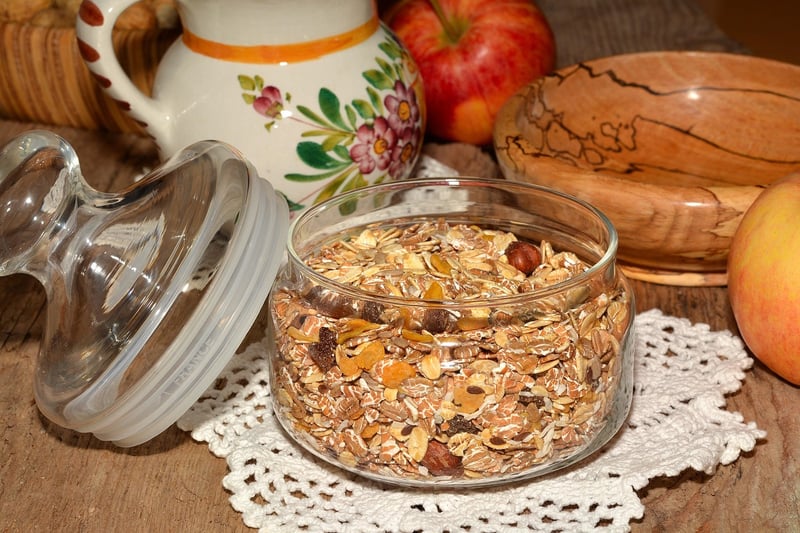Ingredient Substitutions
Efficient Cooking Strategies and Ingredient Substitutions
Efficient Cooking Strategies
Cooking can be a time-consuming task, but with the right strategies, you can make the process more efficient and enjoyable. Here are some tips to help you save time in the kitchen:
1. Meal Planning
Plan your meals for the week ahead of time. This will help you create a shopping list, avoid last-minute trips to the store, and save time deciding what to cook each day.
2. Prep Ahead
Prep ingredients in advance, such as chopping vegetables, marinating meats, or cooking grains. This will streamline the cooking process and make weeknight dinners a breeze.
3. One-Pot Meals
Opt for one-pot meals like stews, soups, or stir-fries that require minimal cleanup. These dishes are not only convenient but also allow flavors to meld together for a delicious outcome.
Ingredient Substitutions
Running out of a particular ingredient can be frustrating, but knowing the right substitutions can save your dish. Here are some common ingredient swaps:
1. Butter
Replace butter with margarine, coconut oil, or applesauce for a healthier alternative in baking recipes.
2. Eggs
Substitute eggs with mashed bananas, yogurt, or silken tofu in recipes that require binding agents or moisture.
3. Milk
Use almond milk, soy milk, or coconut milk as a dairy-free alternative in recipes that call for milk.
4. Flour
Swap all-purpose flour with whole wheat flour, almond flour, or oat flour for a different texture and added nutrients in baking.
By incorporating these efficient cooking strategies and ingredient substitutions into your culinary routine, you can save time, experiment with new flavors, and adapt recipes to suit your dietary preferences.


For more cooking tips and recipe ideas, visit Food Network.
